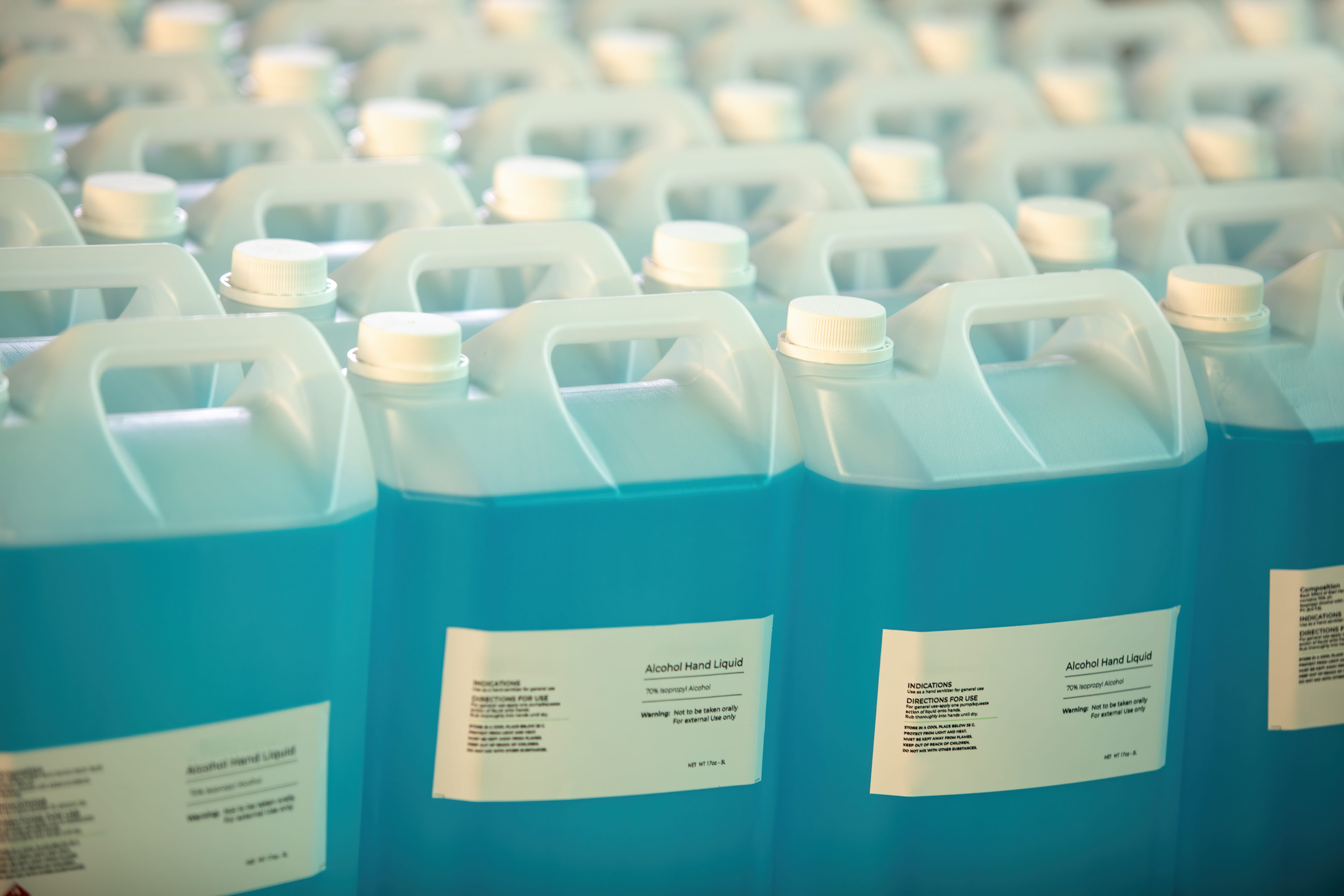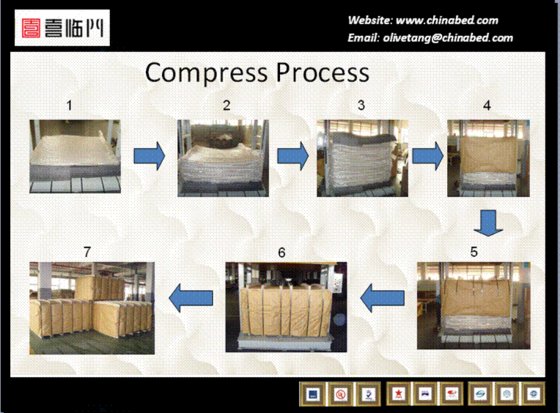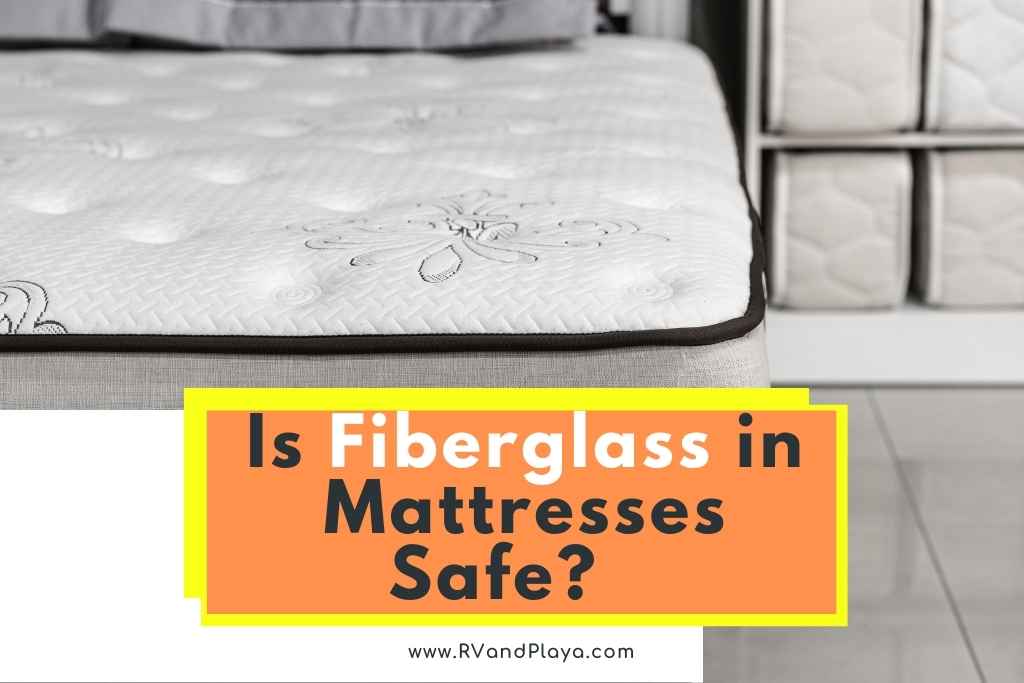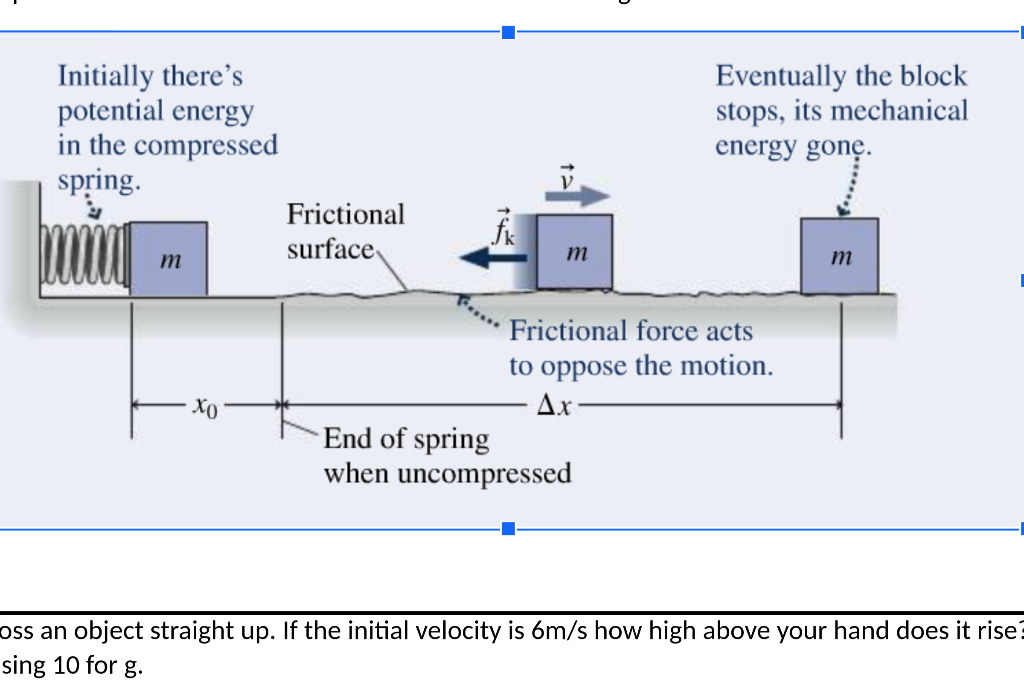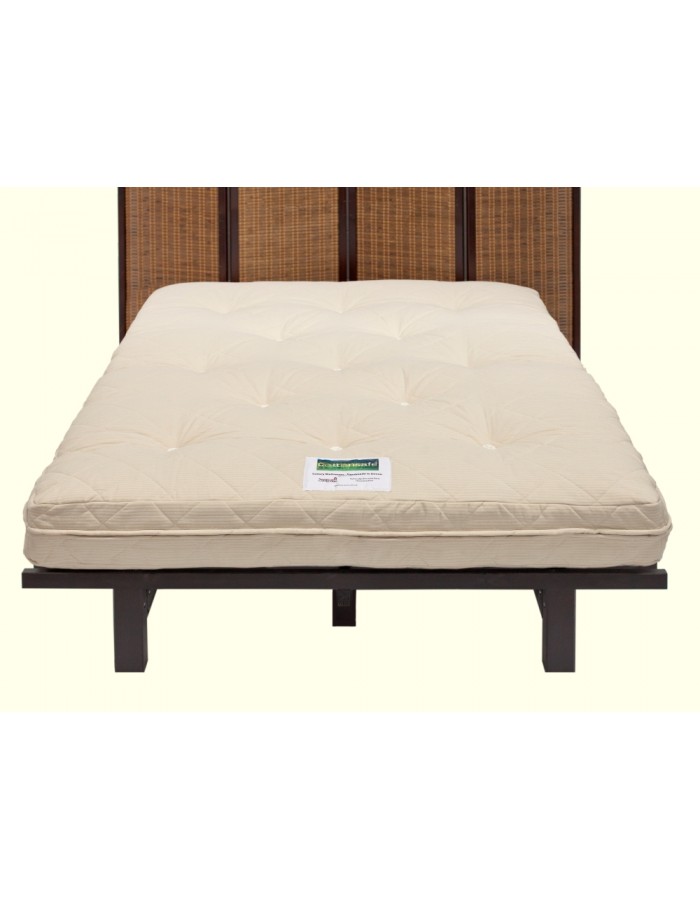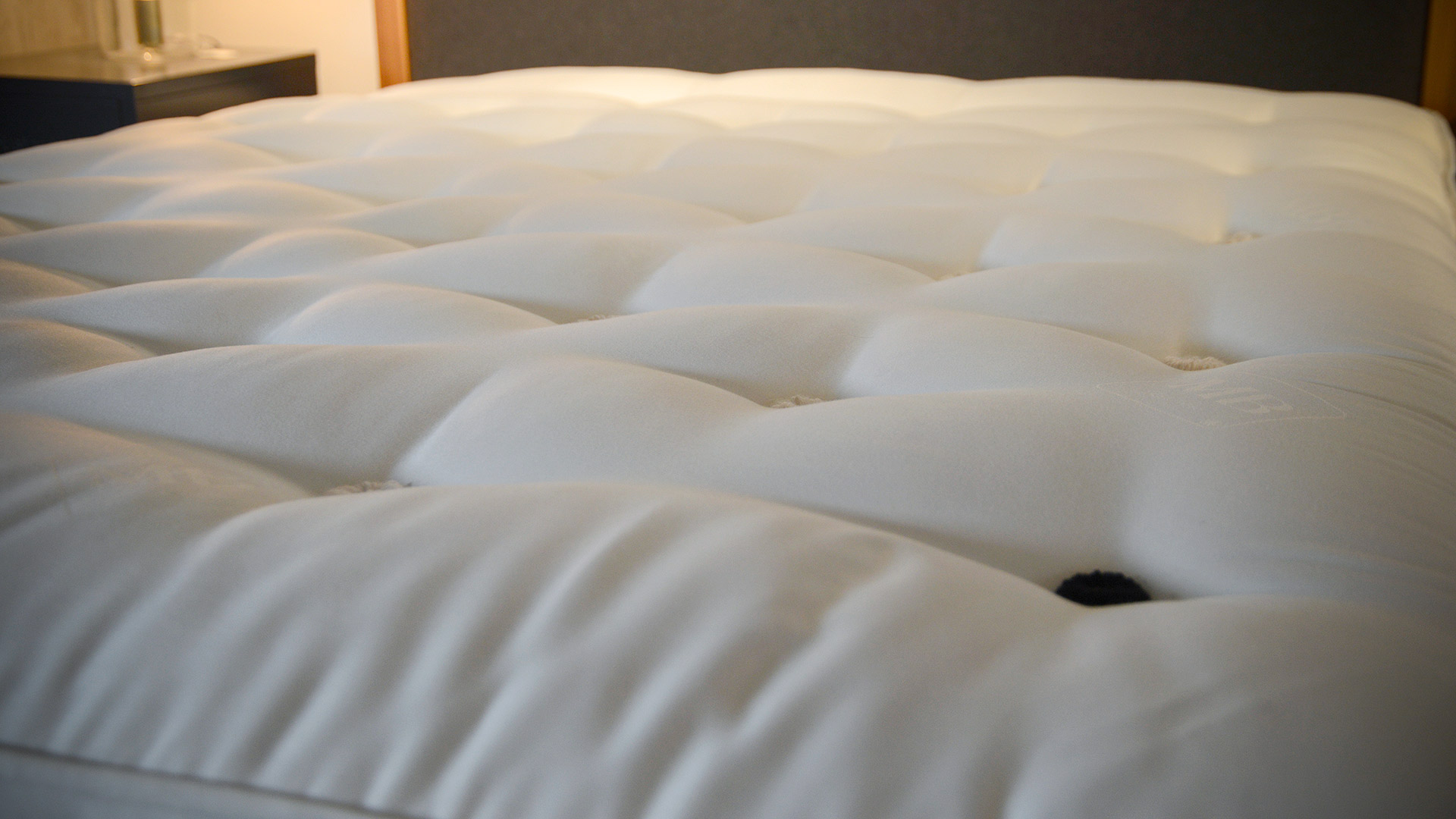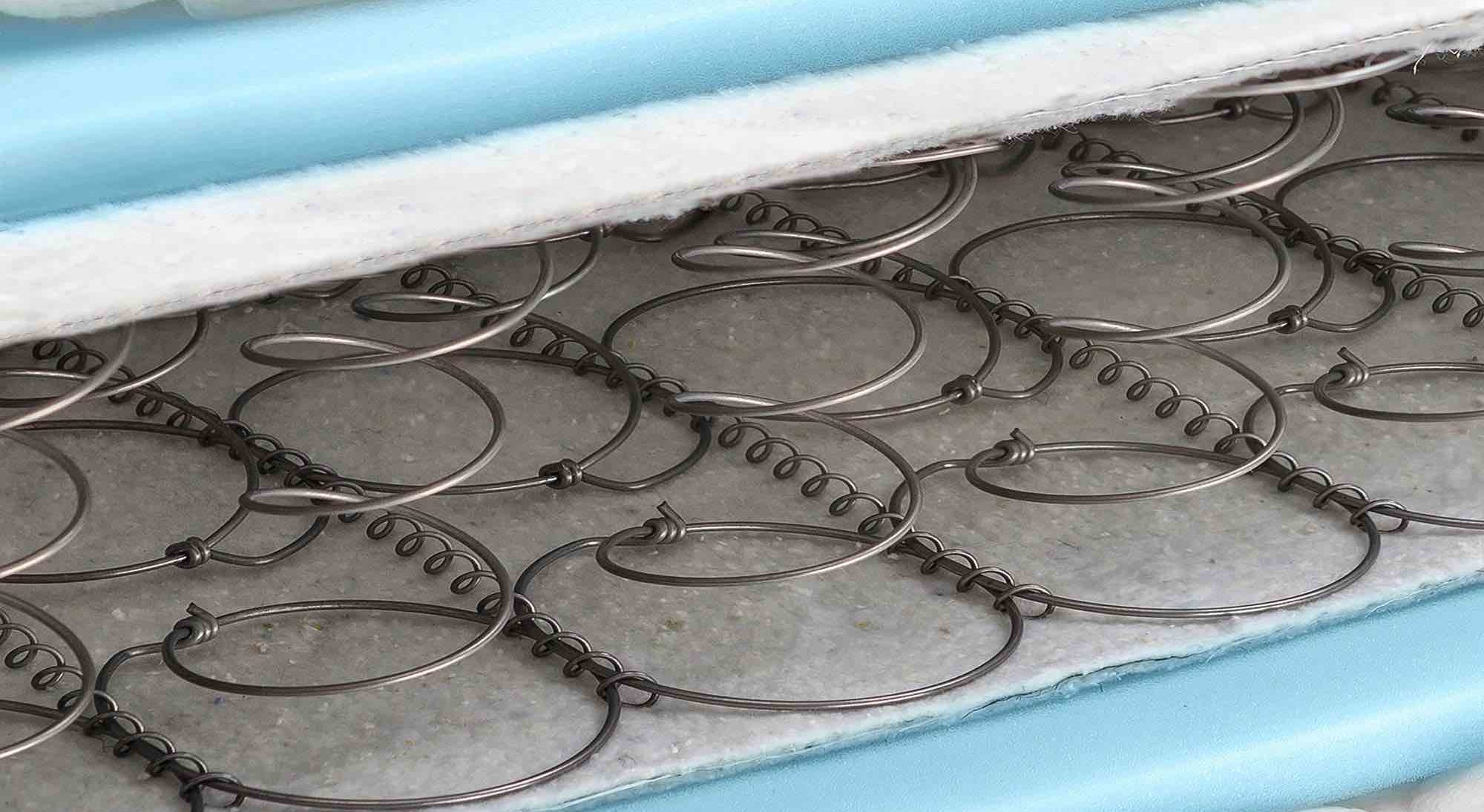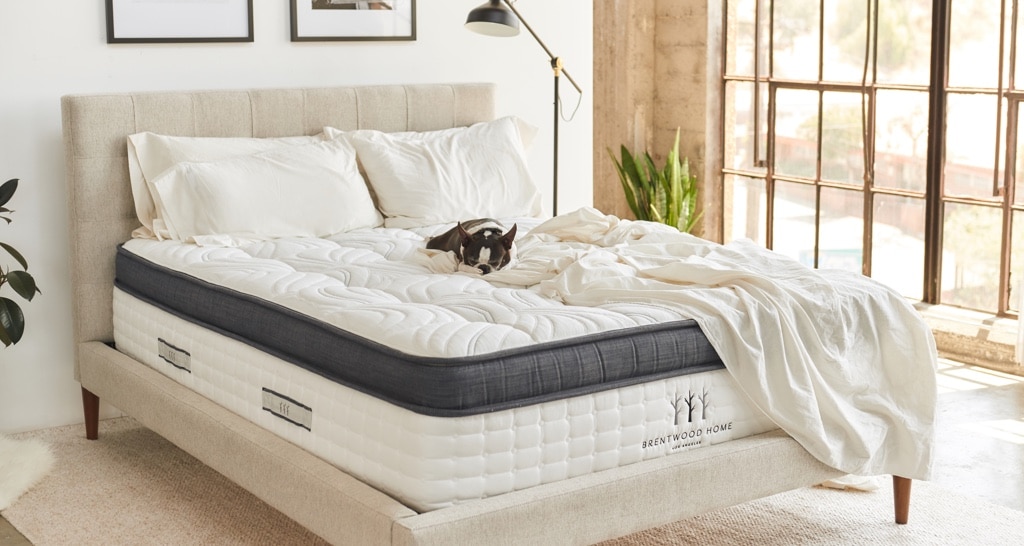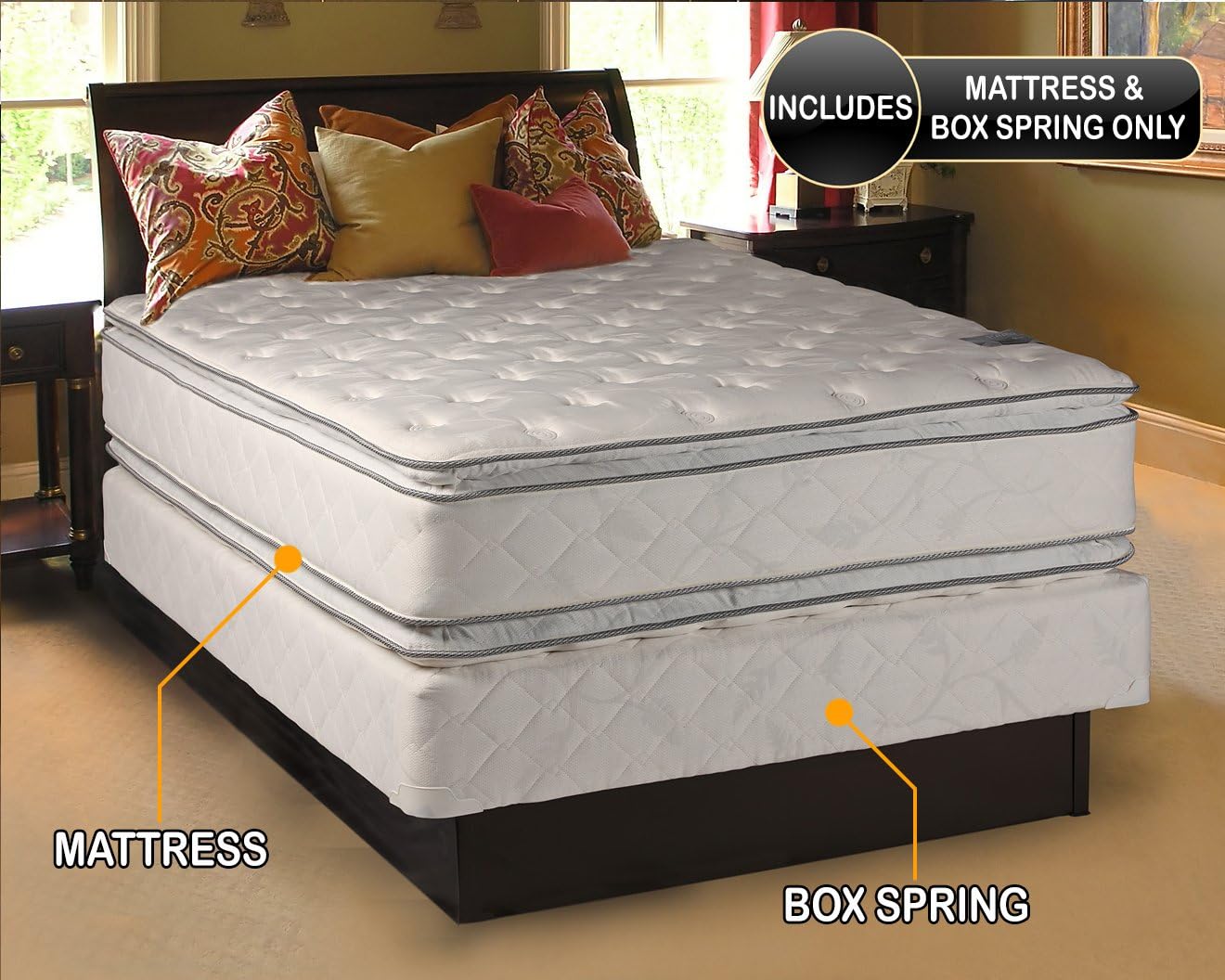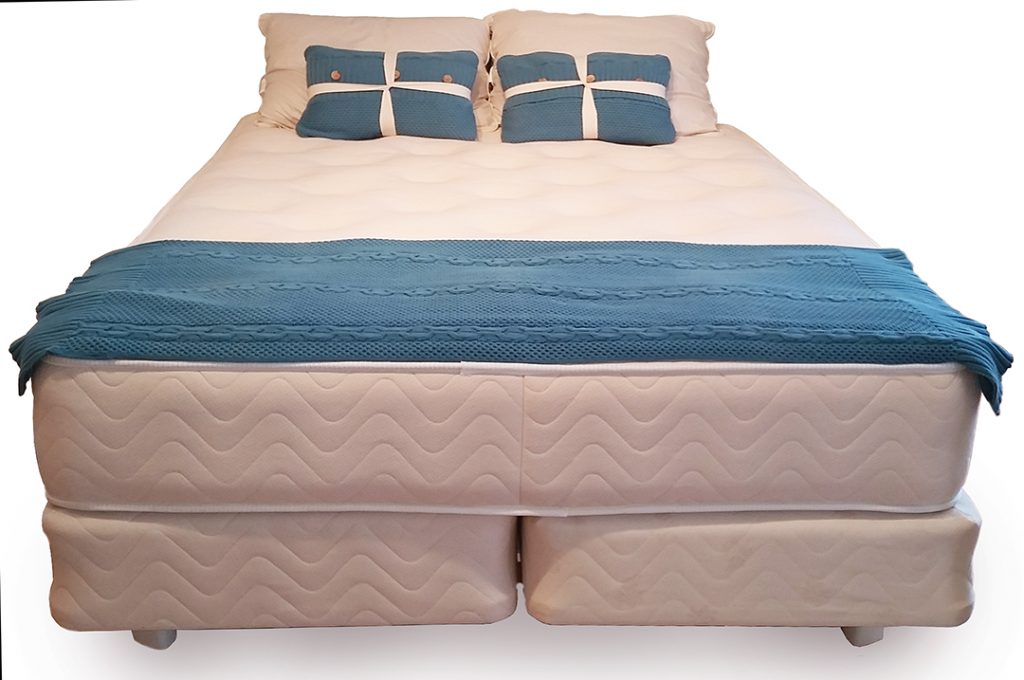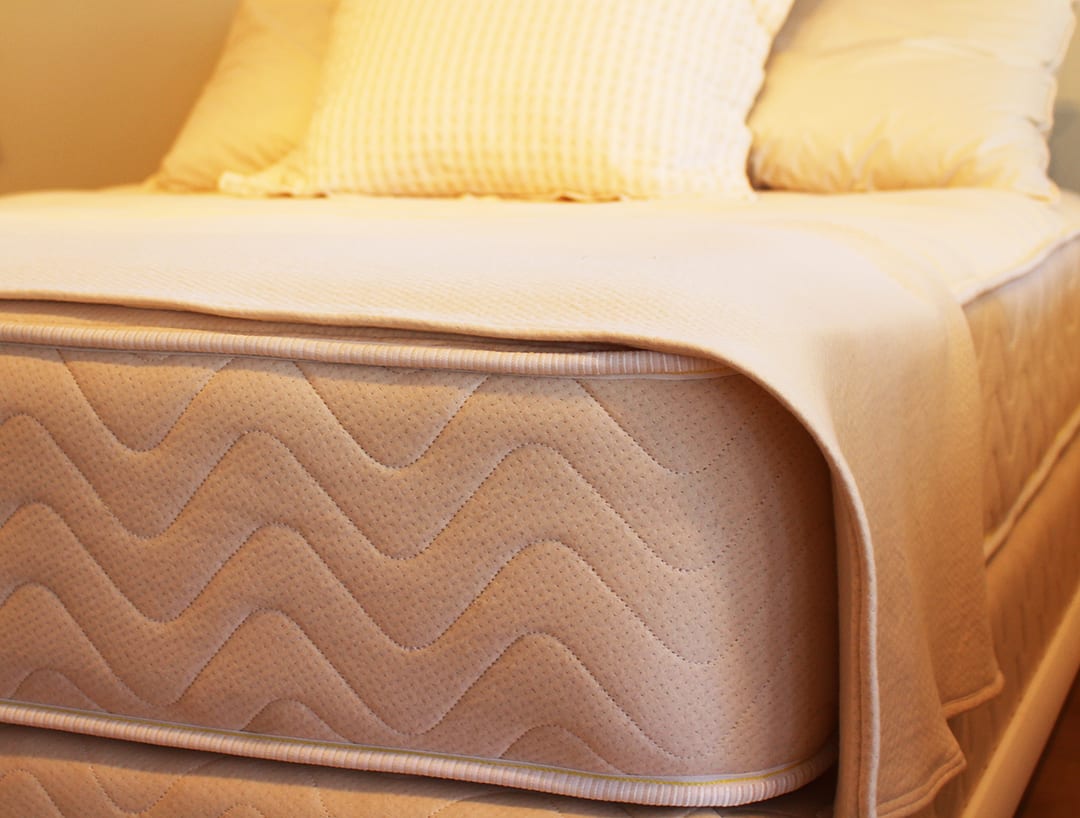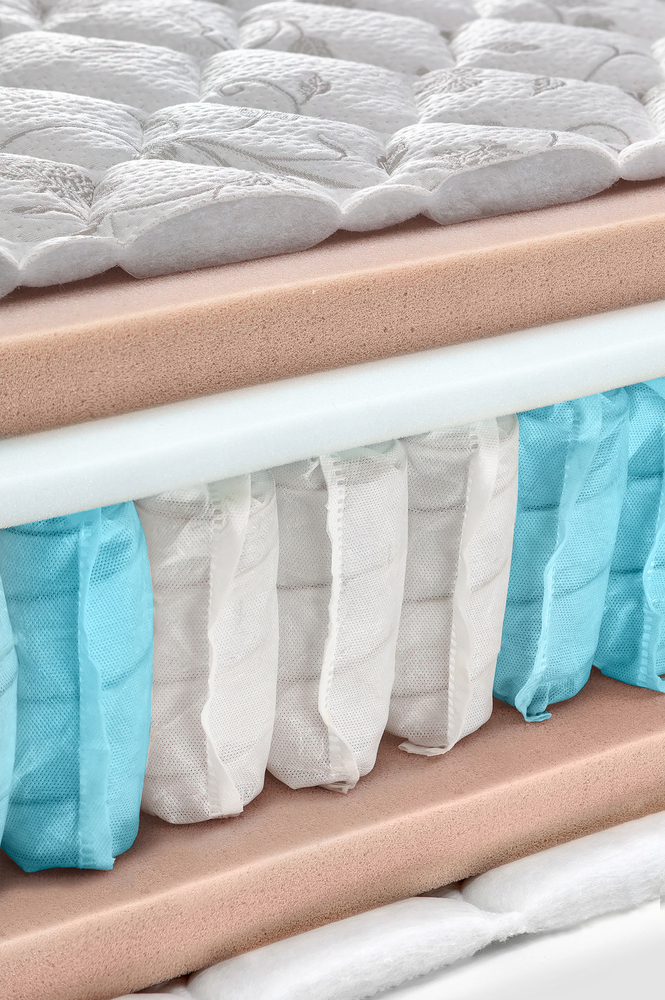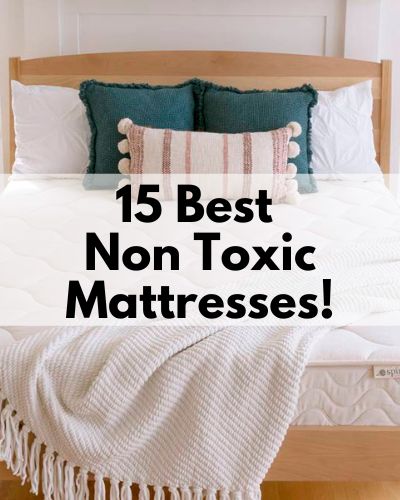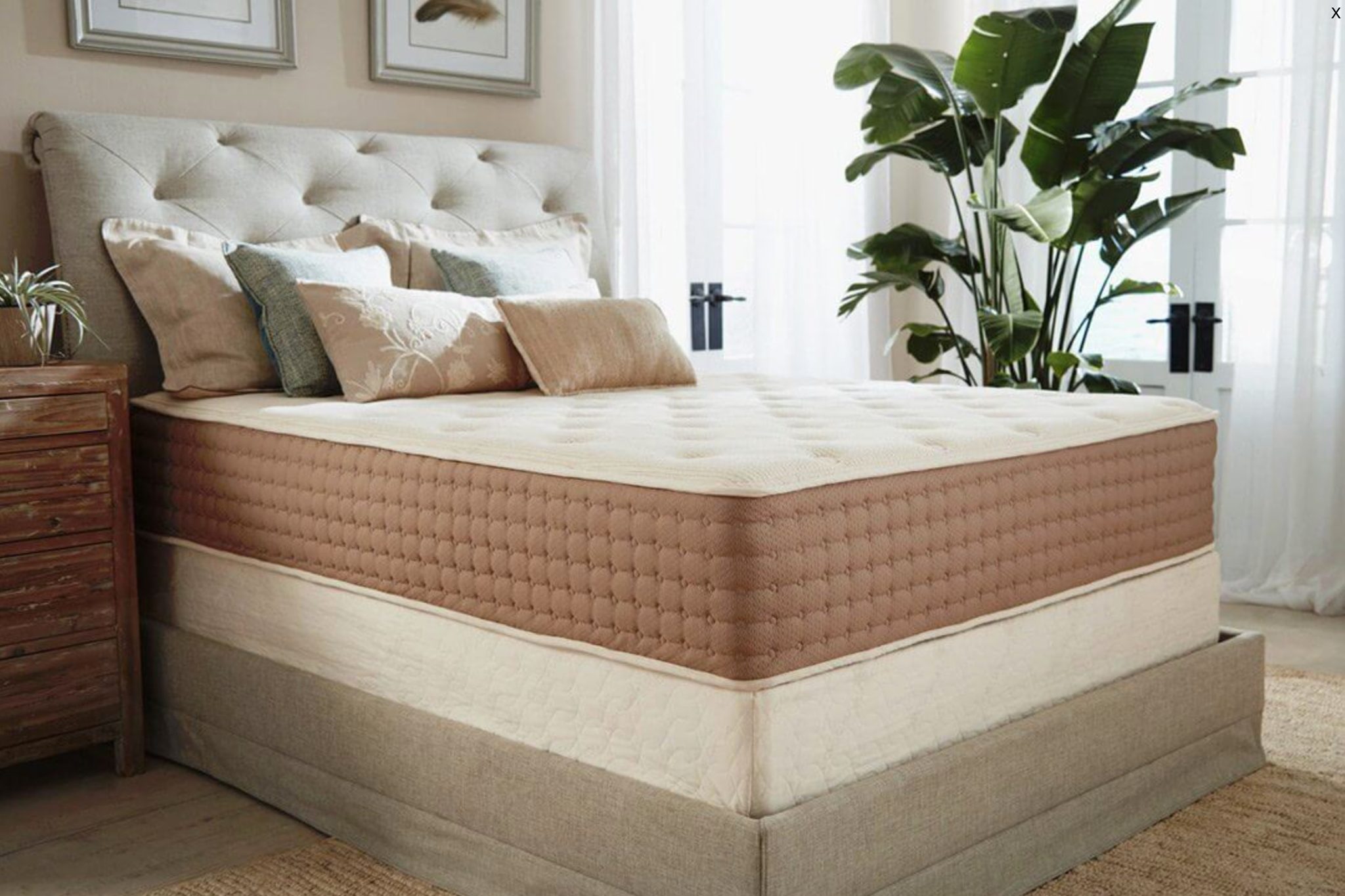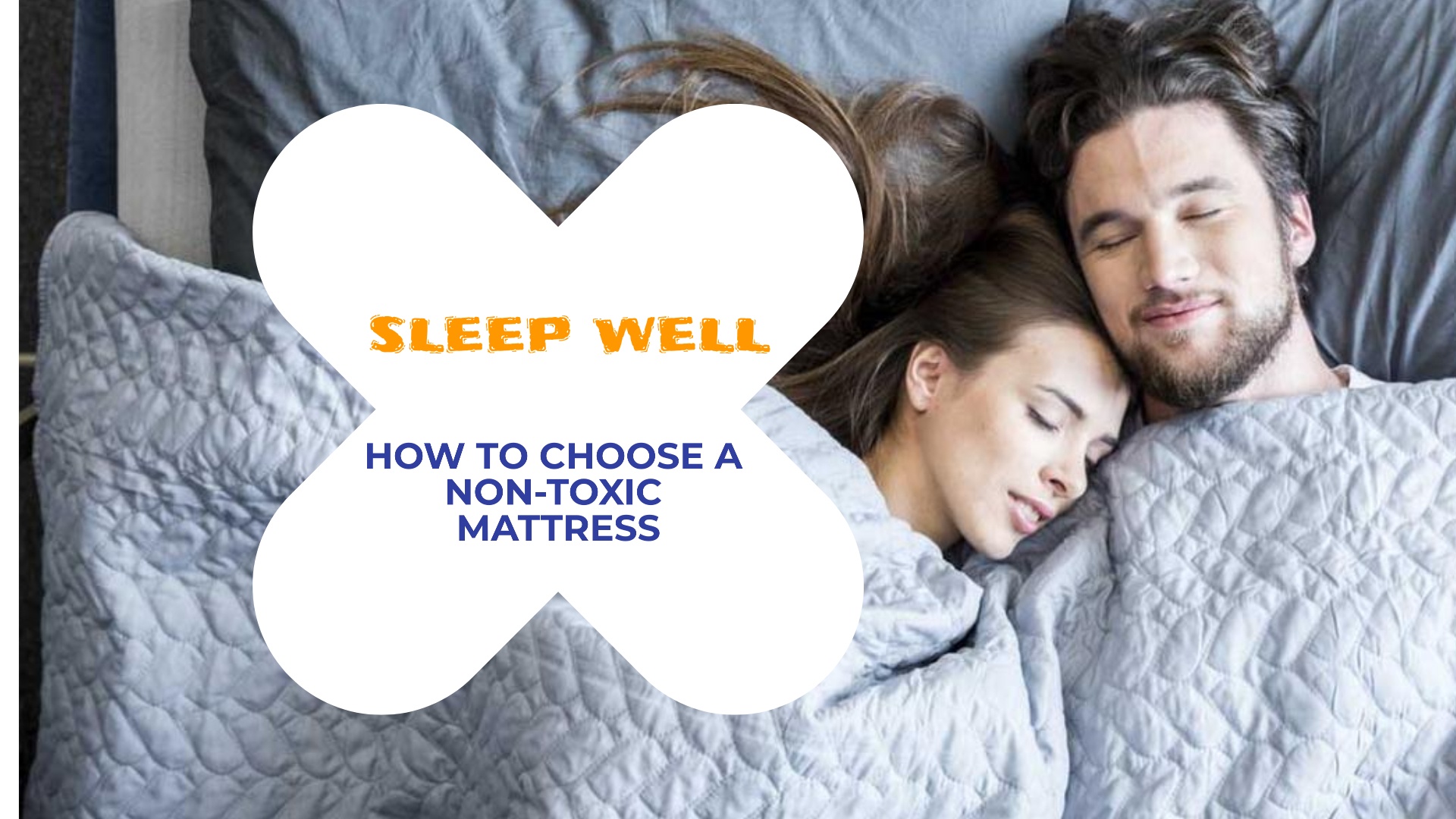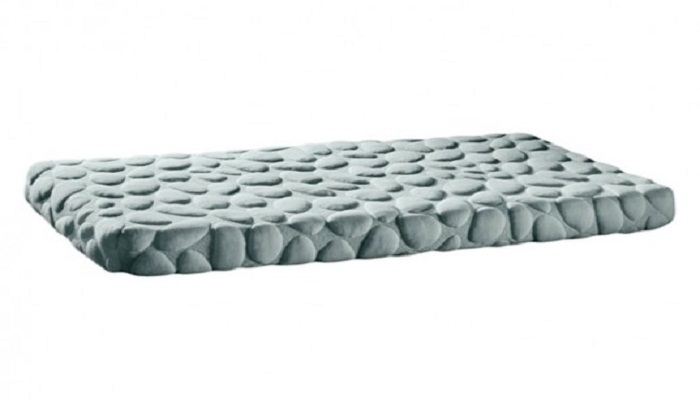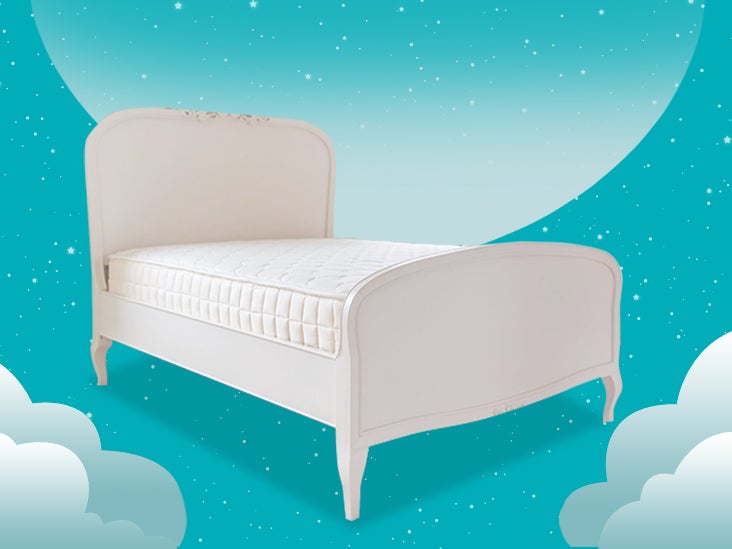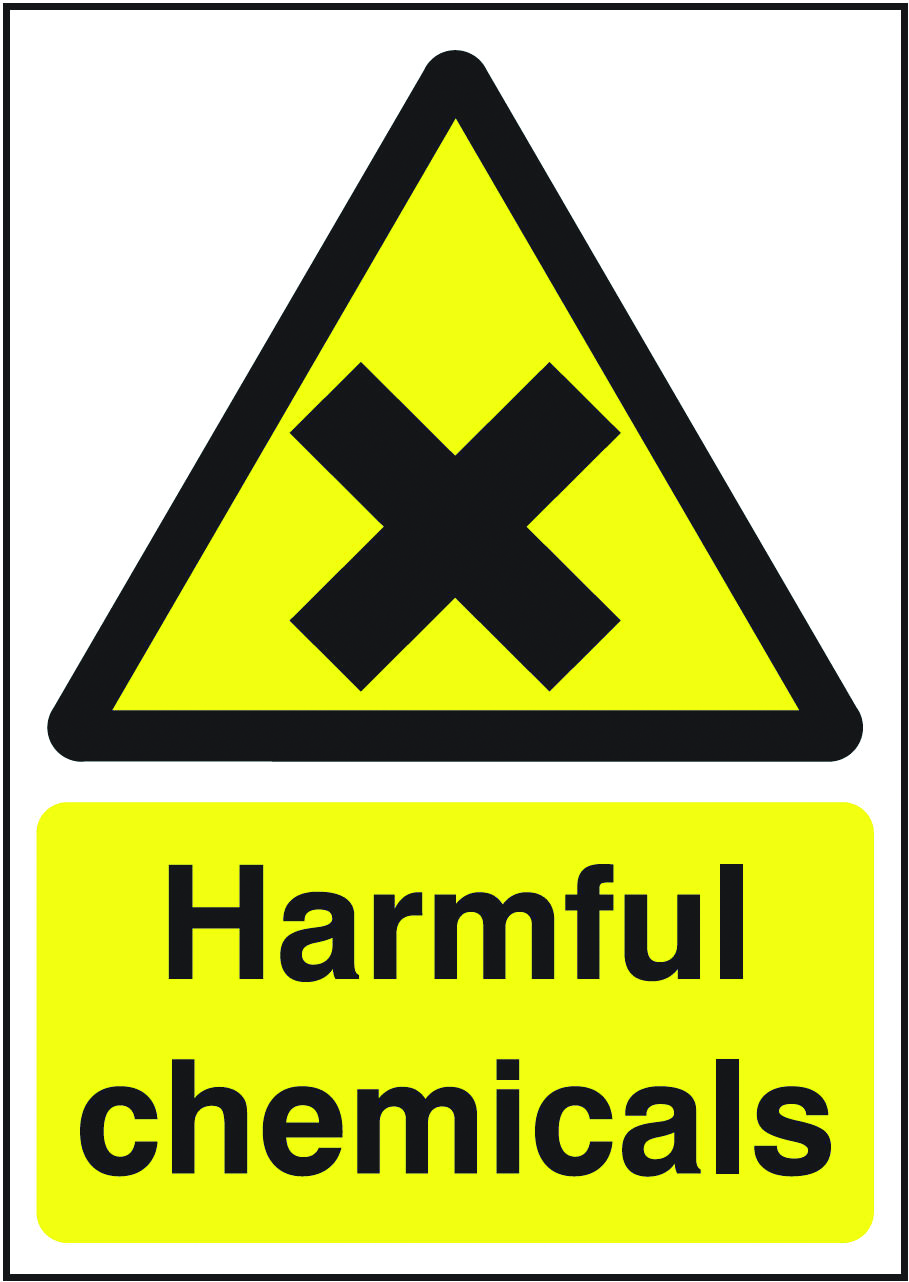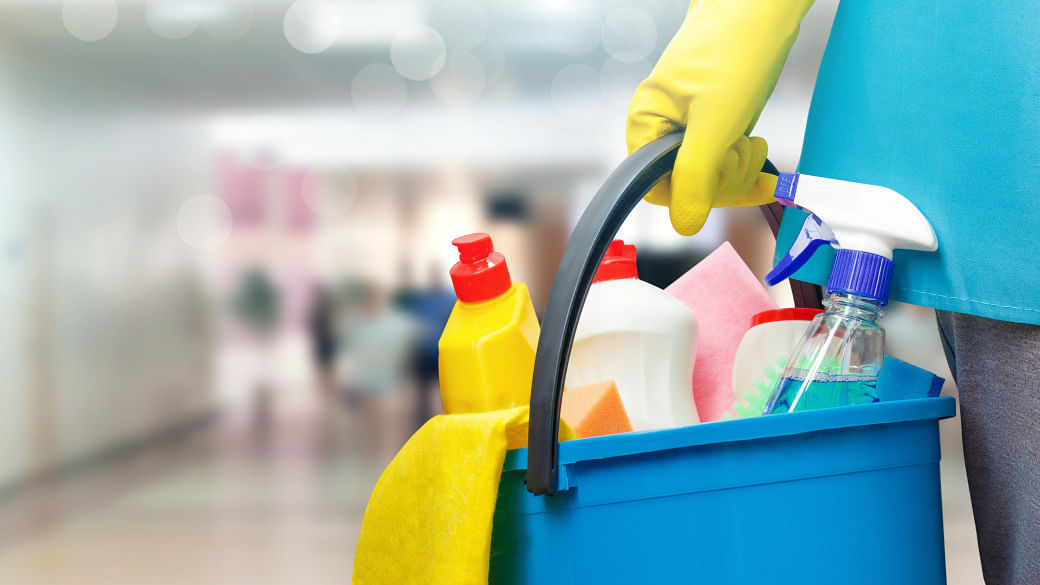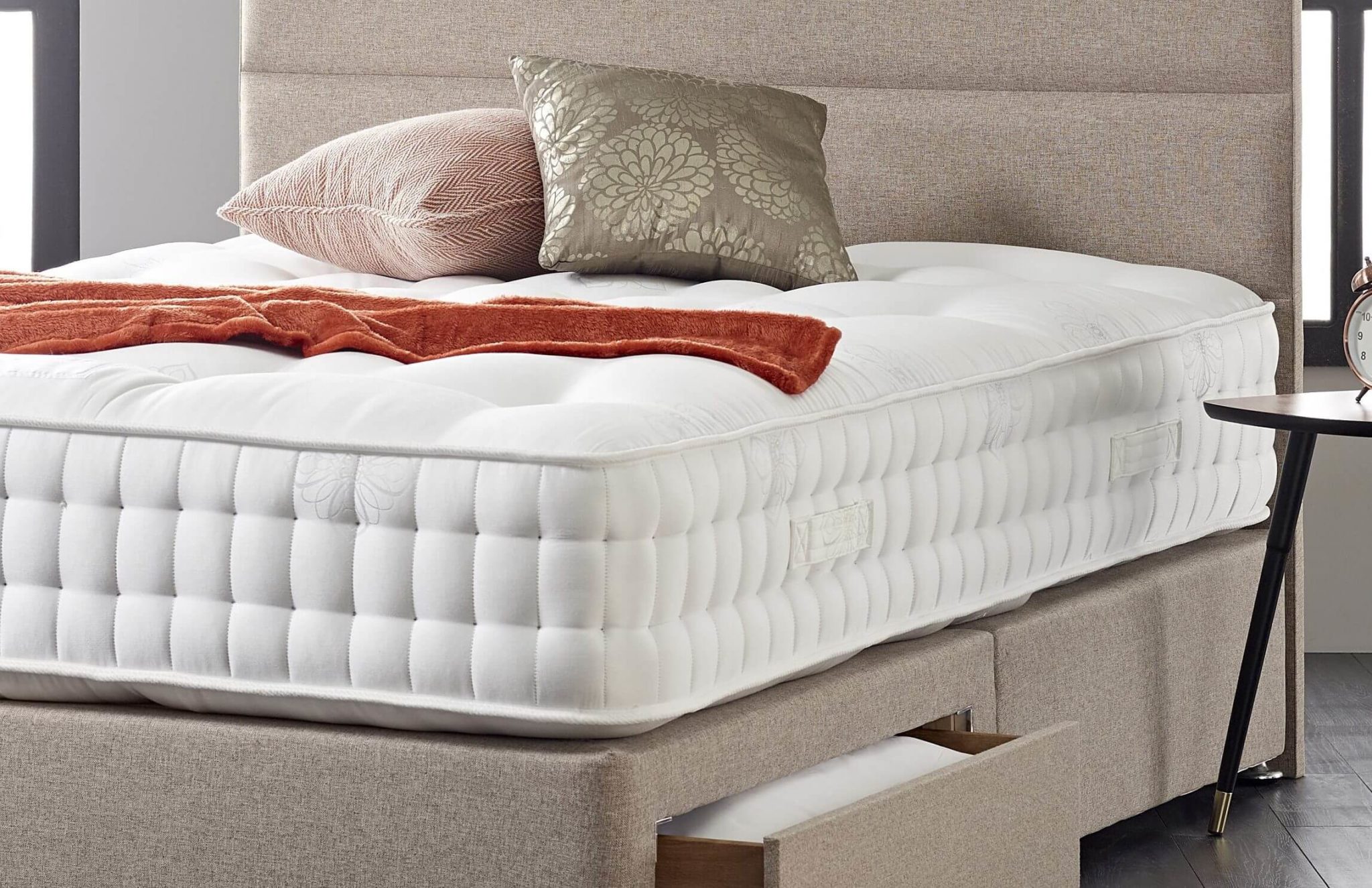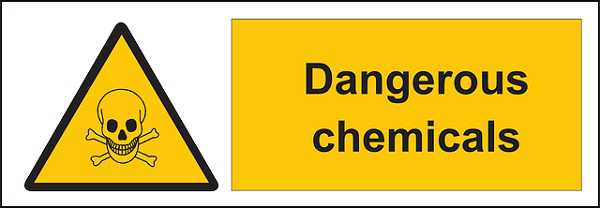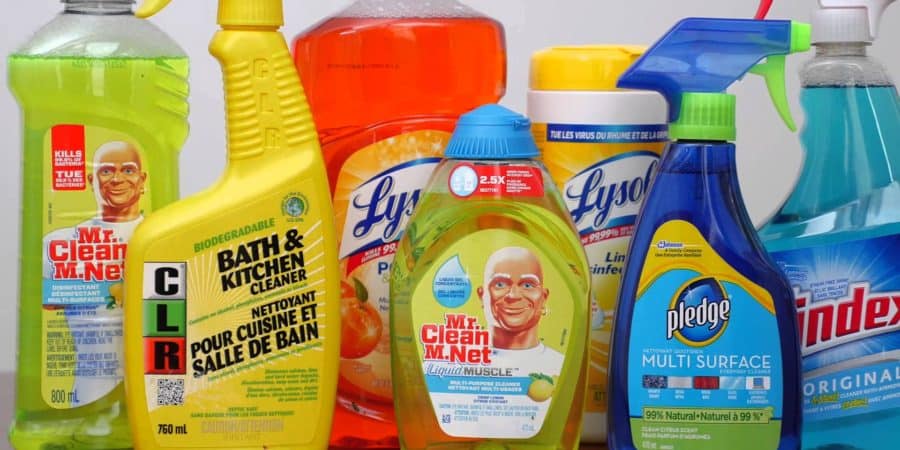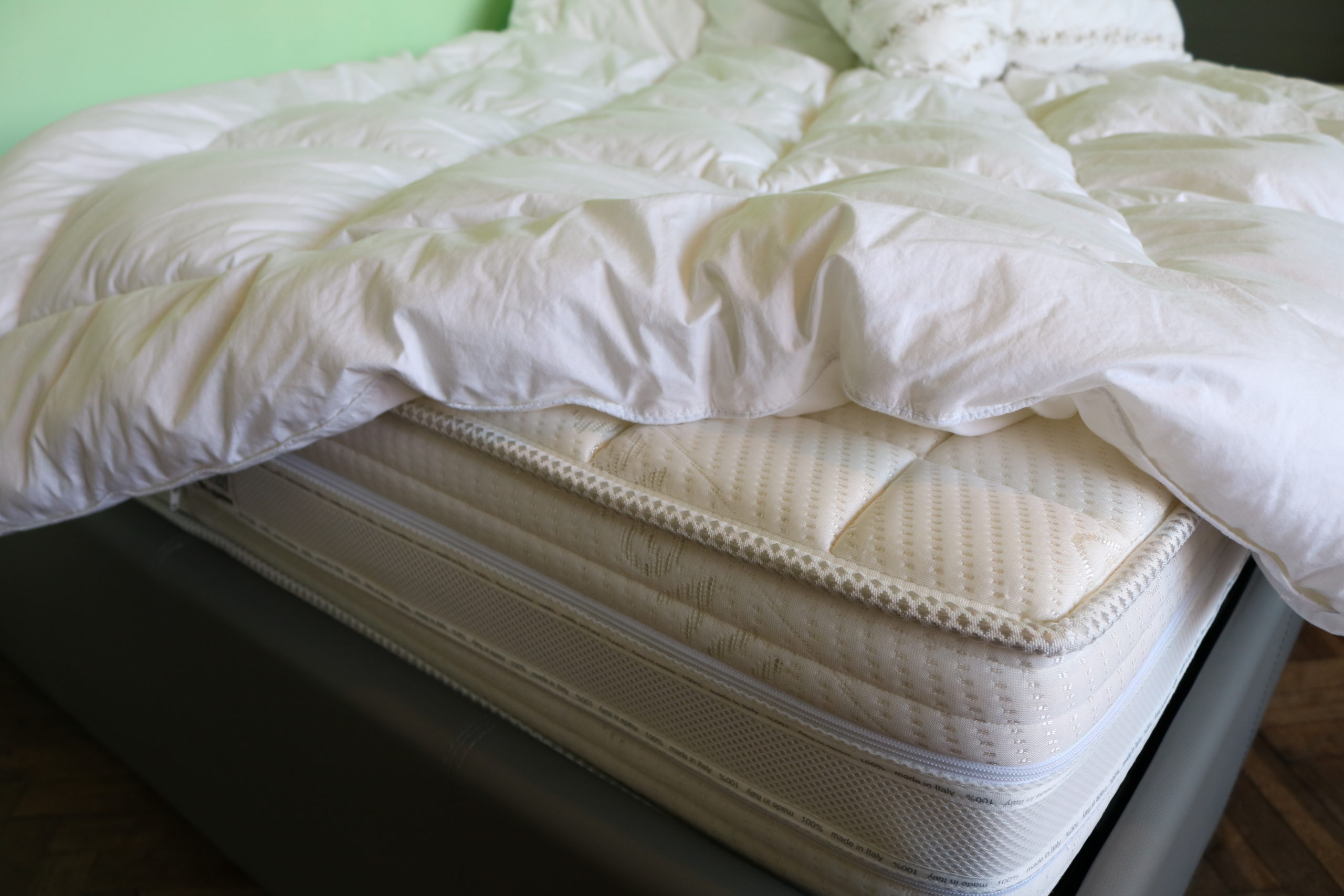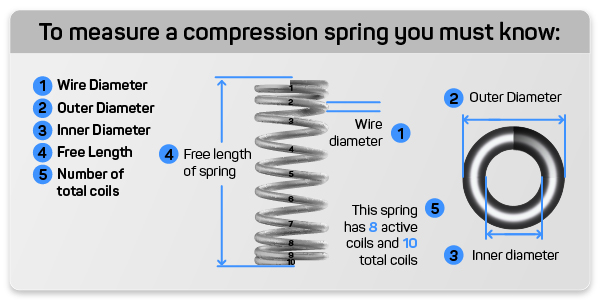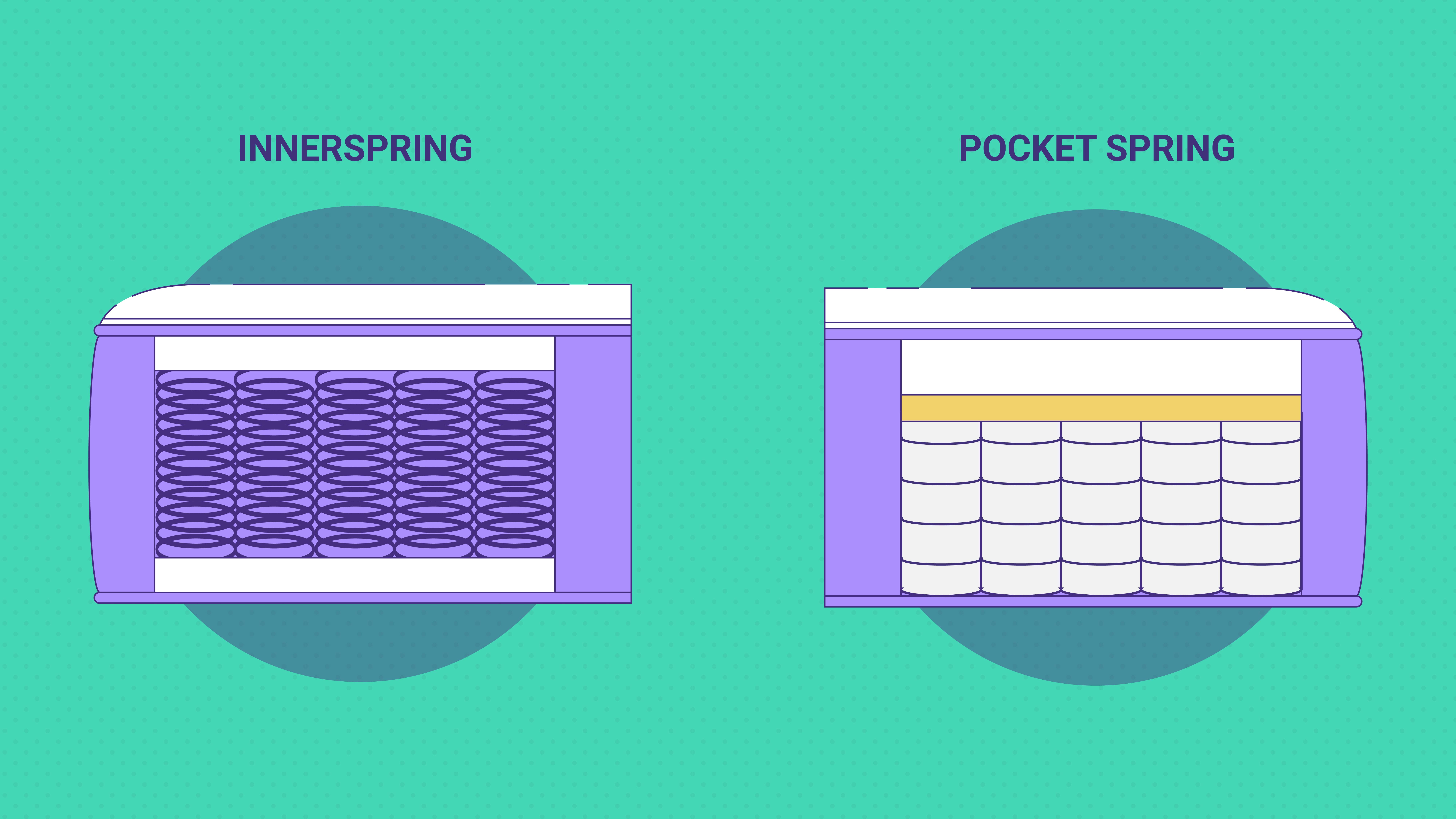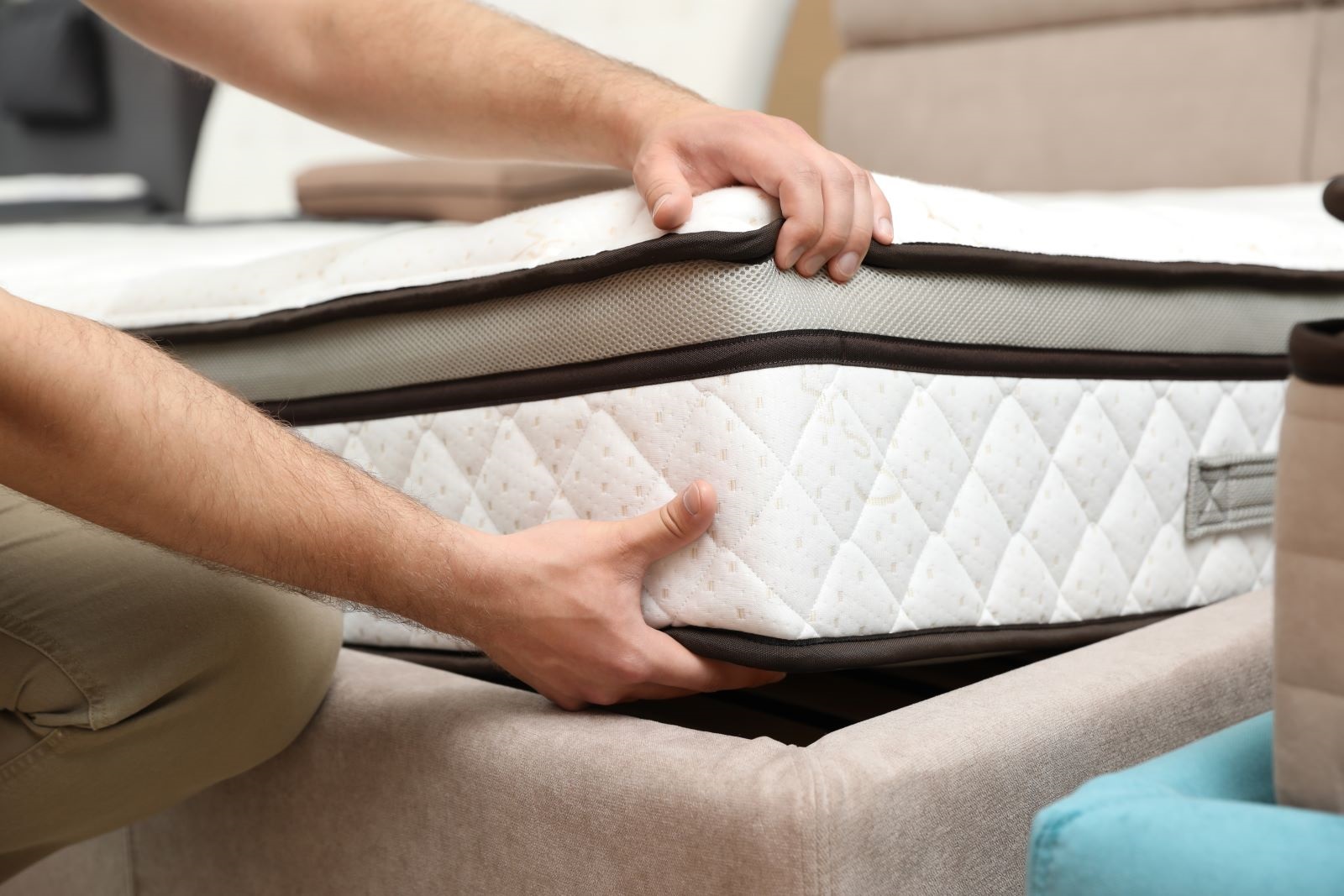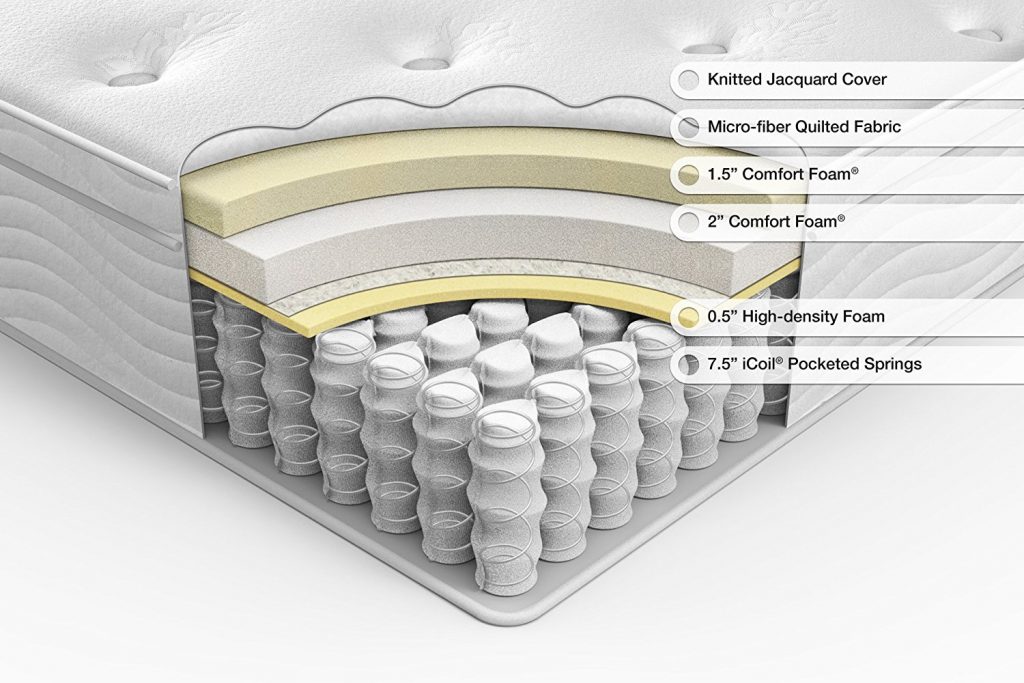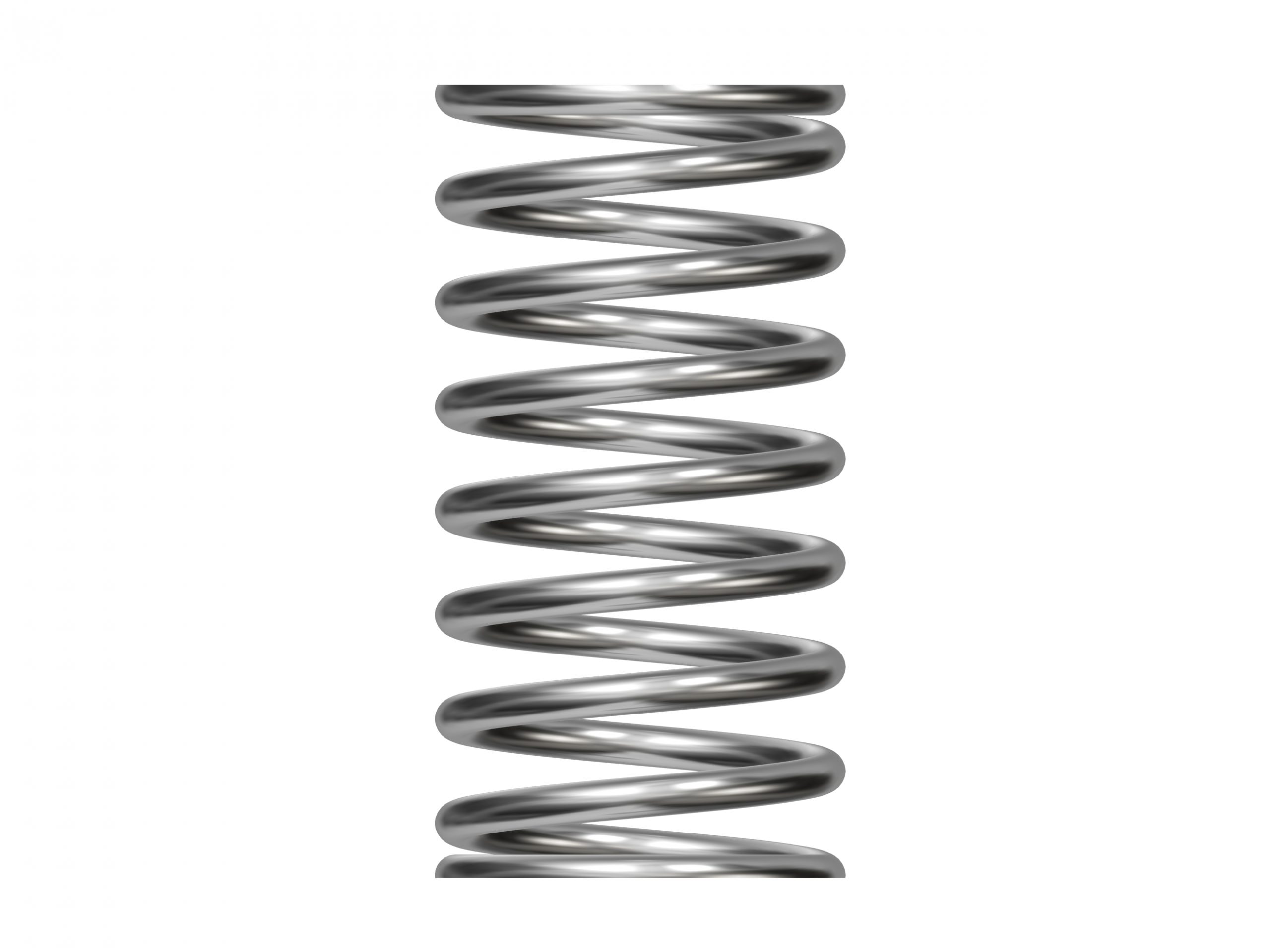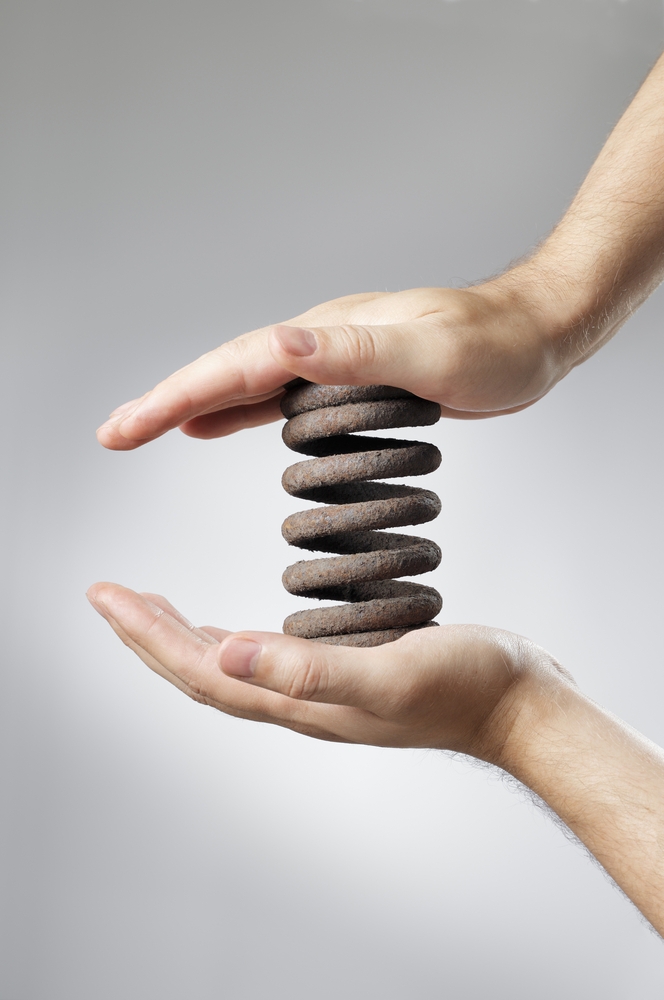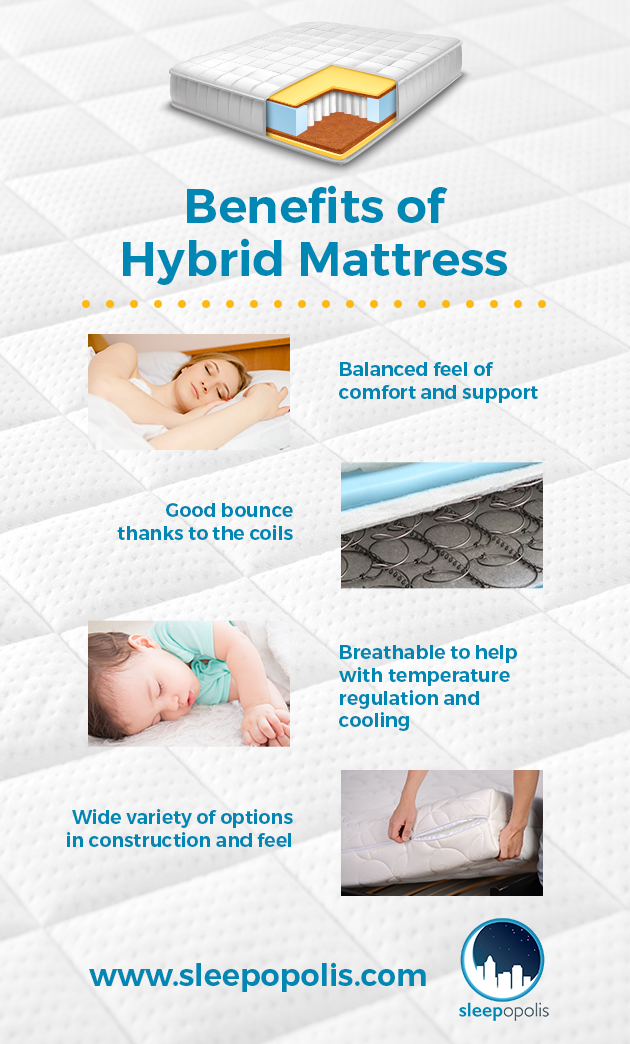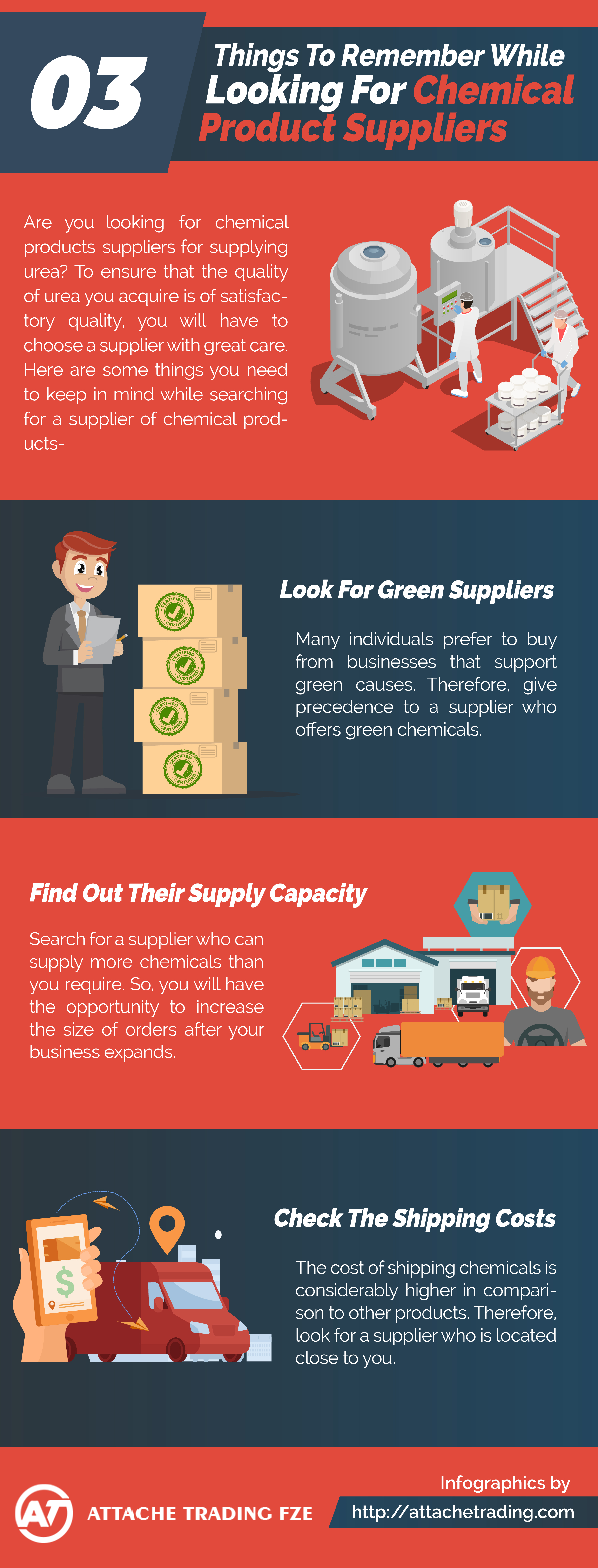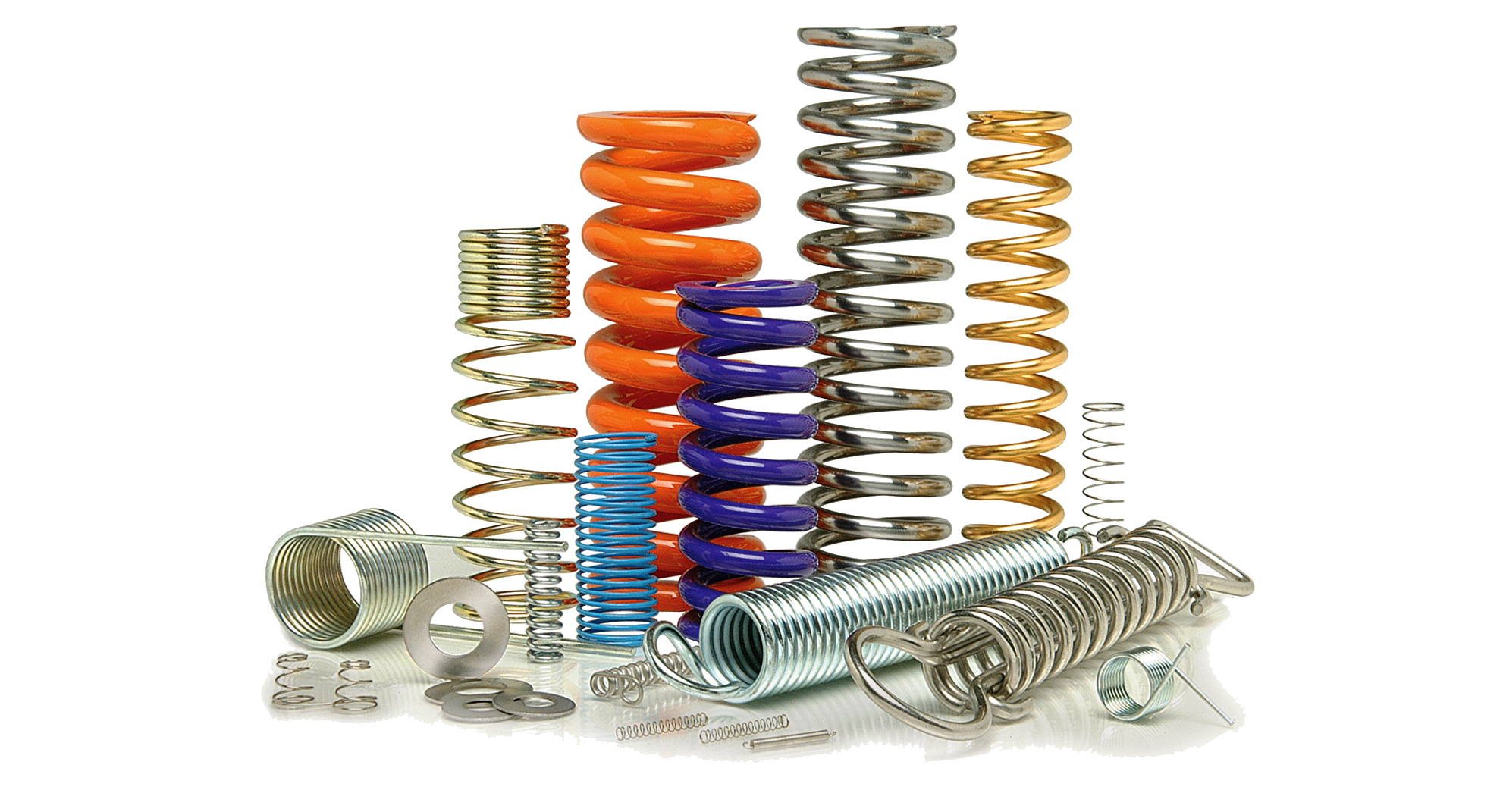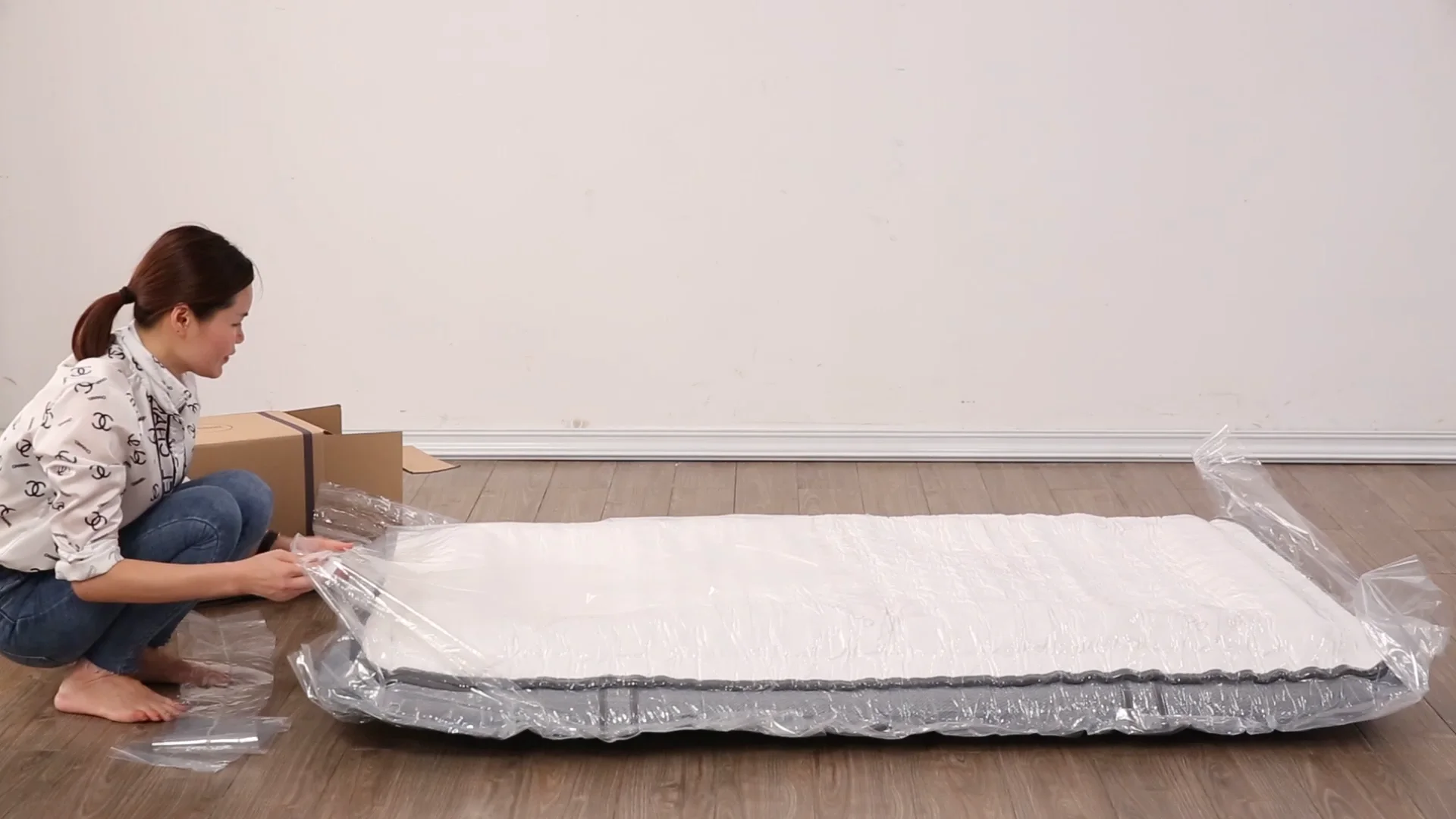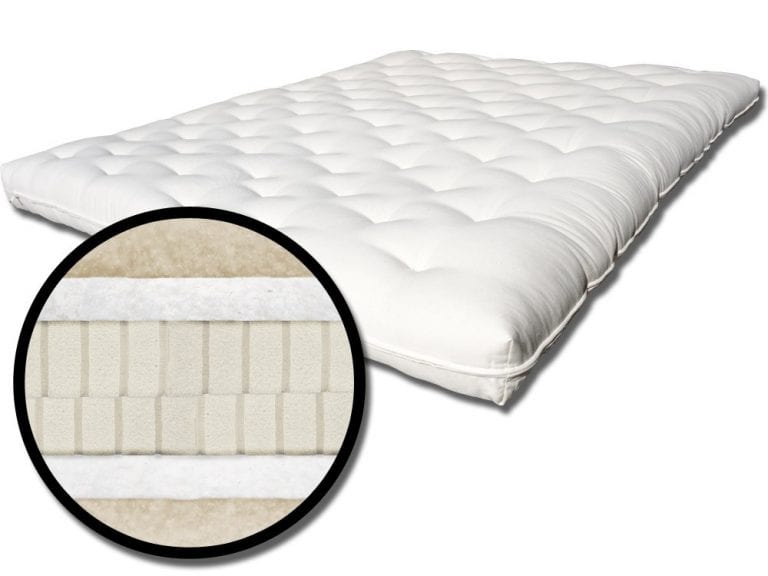Chemicals in Compressed Spring Mattresses
Compressed spring mattresses have long been a popular choice for their affordability and comfort. However, many people are becoming more conscious of the potential chemicals used in these mattresses and the impact they can have on our health and the environment. In this article, we will explore whether compressed spring mattresses have chemicals in them and provide some alternatives for those looking for a more chemical-free option.
Are Compressed Spring Mattresses Safe?
The short answer is, it depends. While compressed spring mattresses are generally considered safe for use, there is a chance that they may contain chemicals that could be harmful to our health. This is because most compressed spring mattresses are made with synthetic materials that are treated with chemicals for fire resistance, durability, and stain resistance.
Potential Chemicals in Compressed Spring Mattresses
Some of the potential chemicals found in compressed spring mattresses include formaldehyde, flame retardants, and volatile organic compounds (VOCs). Formaldehyde is a known carcinogen and has been linked to respiratory problems and skin irritation. Flame retardants are used to make mattresses more resistant to fire, but they can also release toxic fumes when exposed to high heat. VOCs are chemicals that are emitted from certain materials and can cause headaches, dizziness, and irritation of the eyes, nose, and throat.
Chemical-Free Compressed Spring Mattress Options
If you are concerned about the potential chemicals in compressed spring mattresses, there are some alternatives available. Look for mattresses that are labeled as "chemical-free" or "low-VOC." These mattresses are made with natural materials such as organic cotton, wool, and natural latex, which are less likely to contain harmful chemicals.
Eco-Friendly Compressed Spring Mattresses
For those who want to not only avoid chemicals but also reduce their impact on the environment, there are eco-friendly compressed spring mattresses available. These mattresses are made with sustainable materials, such as organic cotton and natural latex, and are produced using environmentally friendly practices. They are also biodegradable, making them a great choice for those looking for a more sustainable option.
Organic Compressed Spring Mattresses
If you want to ensure that your mattress is free from chemicals and made with the highest quality natural materials, consider an organic compressed spring mattress. These mattresses are made with organic certified materials, meaning they are free from pesticides, herbicides, and other harmful chemicals. They are also produced using ethical and sustainable practices, making them a great choice for those looking for a more natural option.
Non-Toxic Compressed Spring Mattresses
For those with chemical sensitivities or allergies, a non-toxic compressed spring mattress may be the best option. These mattresses are made with hypoallergenic materials and are free from chemicals and toxins. They are also often made with natural materials, making them a safer and healthier choice for those with sensitivities.
Harmful Chemicals to Avoid in Compressed Spring Mattresses
When shopping for a compressed spring mattress, there are some specific chemicals that you should avoid. These include formaldehyde, flame retardants, and polyurethane foam. Formaldehyde can be found in adhesives used in mattresses, while flame retardants are often used in the filling and upholstery. Polyurethane foam is a petroleum-based product that is commonly used in the comfort layer of mattresses and can emit VOCs.
How to Choose a Chemical-Free Compressed Spring Mattress
When looking for a chemical-free compressed spring mattress, the best way to ensure that you are getting a safe and healthy option is to read the materials used in the mattress. Look for mattresses that are made with natural and organic materials, such as cotton, wool, and natural latex. You can also look for certifications, such as the Global Organic Textile Standard (GOTS) or the Global Organic Latex Standard (GOLS), which ensure that the materials used are free from harmful chemicals.
Benefits of Choosing a Chemical-Free Compressed Spring Mattress
Choosing a chemical-free compressed spring mattress can have many benefits for your health and the environment. By avoiding harmful chemicals, you can reduce your exposure to potential health hazards and create a healthier sleep environment. Additionally, choosing natural and organic materials can have a positive impact on the environment by reducing the use of pesticides and promoting sustainable practices.
In conclusion, while compressed spring mattresses may contain chemicals, there are options available for those looking for a more chemical-free and eco-friendly option. By being aware of the potential chemicals used in these mattresses and making informed choices, you can create a healthier and more sustainable sleep environment for yourself and your family.
Chemicals in Compressed Spring Mattresses: Separating Fact from Fiction
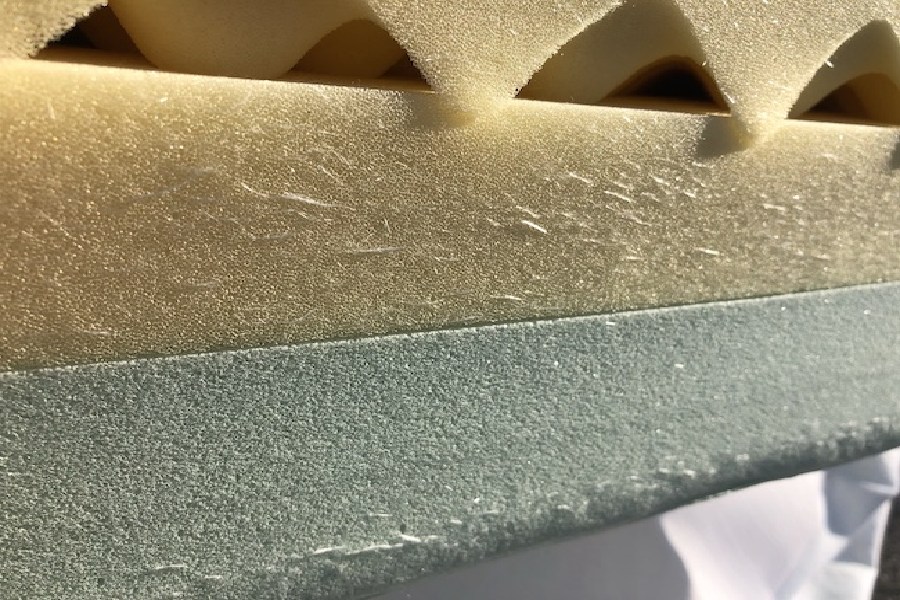
When it comes to choosing a mattress, there are many factors to consider – size, comfort, durability, and of course, price. But one question that has been gaining more attention recently is whether compressed spring mattresses contain harmful chemicals. This concern stems from the fact that these mattresses are often made with synthetic materials and adhesives. But is there any truth to this claim? Let's take a closer look at the science behind compressed spring mattresses and the chemicals that may or may not be present in them.
The Truth About Synthetic Materials
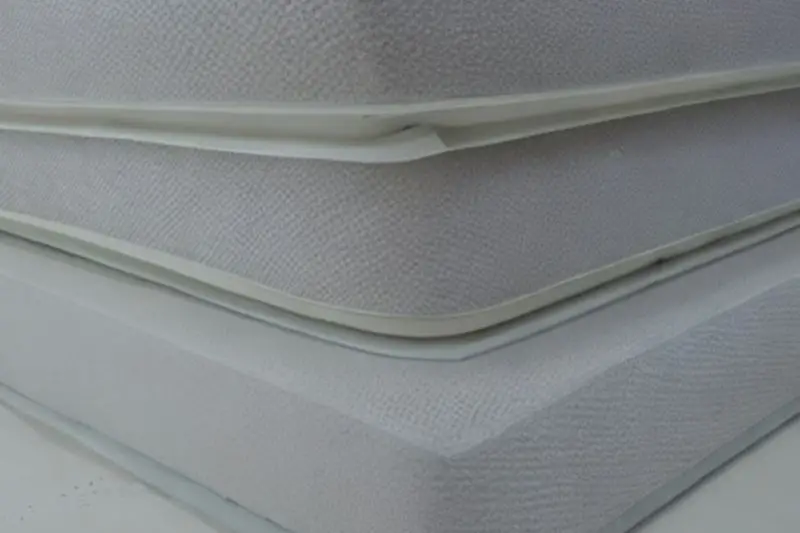
Firstly, let's address the use of synthetic materials in compressed spring mattresses. It is true that many of these mattresses are made with synthetic materials such as polyurethane foam and polyester. These materials are used to provide support and cushioning, as well as to hold the springs in place. However, it is important to note that these materials have undergone rigorous testing and are deemed safe for use in mattresses by regulatory bodies such as the Consumer Product Safety Commission.
Additionally, many manufacturers now offer mattresses made with natural and organic materials, such as organic cotton, wool, and latex. These options may be more appealing to those looking to avoid synthetic materials in their mattress.
The Role of Adhesives

The use of adhesives in compressed spring mattresses has also raised concerns about potential chemical exposure. Adhesives are used to hold the layers of the mattress together, as well as to attach the cover to the mattress. Like synthetic materials, adhesives are also subject to strict regulations and testing to ensure they are safe for use in mattresses.
However, for those who are still concerned about potential chemical exposure, there are options available. Look for mattresses that are certified as low-VOC (volatile organic compound) or use water-based adhesives, as these have been shown to have lower levels of potentially harmful chemicals.
Addressing the Chemical Myth

Despite the fact that compressed spring mattresses undergo rigorous testing and adhere to strict regulations, the myth that they contain harmful chemicals still persists. This may be due to the fact that some people may experience allergic reactions or respiratory issues when sleeping on a new mattress, leading them to believe it is due to chemical exposure. However, it is more likely that these reactions are caused by off-gassing – the process of releasing volatile chemicals from the mattress materials. This is a common occurrence with any new mattress, and the smell and potential irritation should dissipate within a few days.
In conclusion, while compressed spring mattresses may contain synthetic materials and adhesives, they have been deemed safe for use by regulatory bodies. For those who are still concerned about potential chemical exposure, there are natural and organic options available. It is important to do thorough research and choose a reputable manufacturer when purchasing a mattress, to ensure you are getting a safe and high-quality product.






